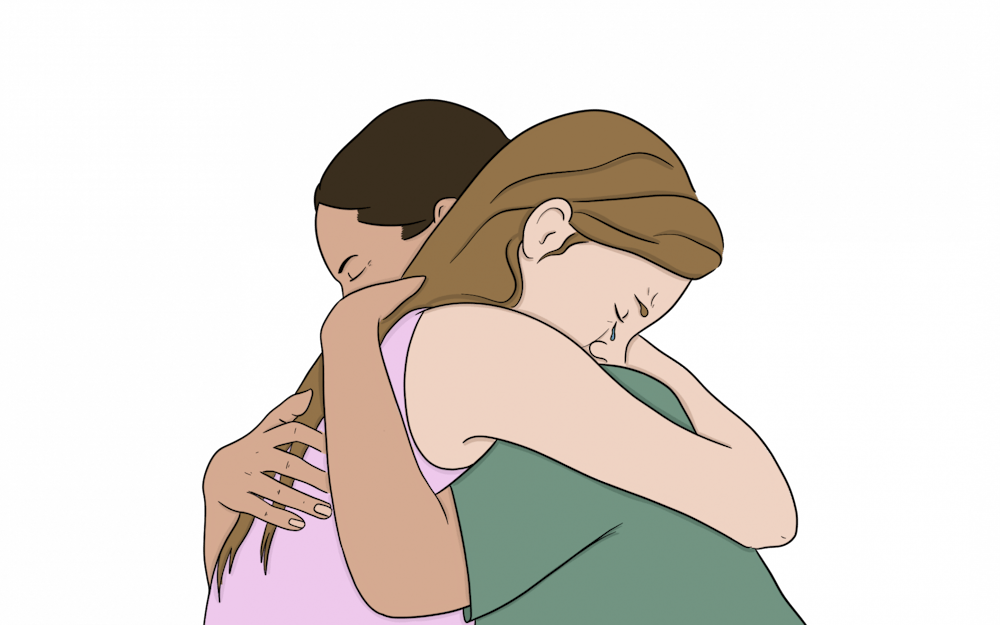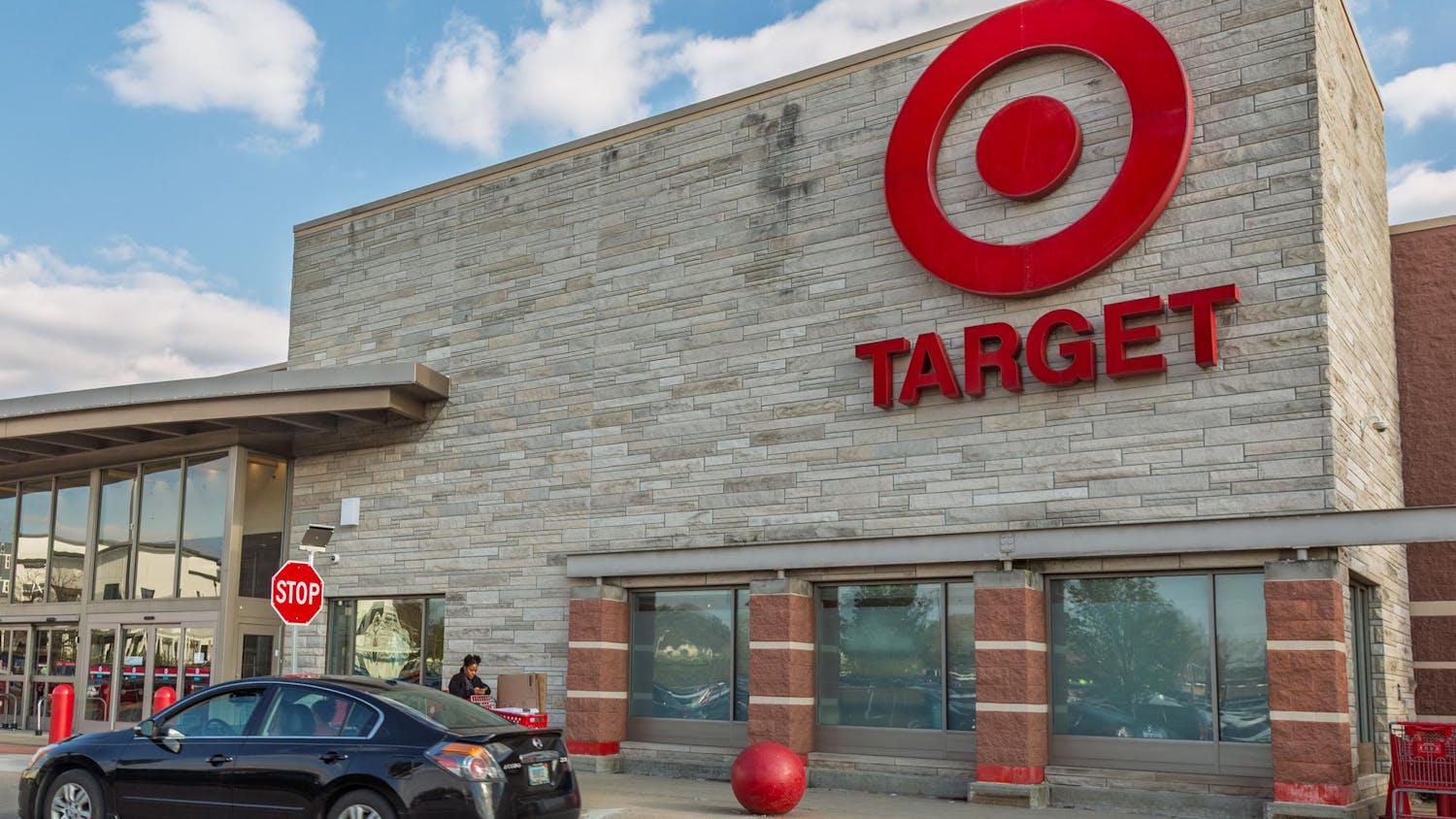We don’t think about the COVID-19 pandemic in terms of it being a collective traumatic event nearly enough.
In fact, it seems like it's becoming easy to just not think about it all that much anymore in general. Almost 70% of the U.S. population is fully vaccinated, and masks have all but phased out. I'm not an exception, either: I don't go about my days thinking about COVID-19 any more than I do H1N1.
It's easy to forget, then, that since the World Health Organization declared COVID-19 a pandemic on March 11, 2020 — almost three years ago exactly — that roughly 6.8 million people have died from the virus. When we're dealing with deaths that numerous, it's easy to rationalize it, unconsciously, as "just a number." But each of those 6.8 million people had family, friends and others who cared about them.
That, then, logically leaves millions of those family members and friends in mourning. And, for most people, the wounds of grief remain for years — long after the rest of society moves on.
[Related: OPINION: Grief can be consuming, but it doesn't have to be]
According to the Mayo Clinic, one of the leading risk factors for depression is a stressful or traumatic event, specifically citing, among other things, the death of a loved one or financial problems. Three years down the line, I think it’s fair to say a cataclysmic societal event that has included both of those things en masse can be a mental health risk factor unto itself.
In 2022, the WHO found that the pandemic triggered a 25% increase in anxiety and depression worldwide, which the organization linked to stressors like loneliness, financial worries and, among first responders especially, exhaustion. In a survey published the same month by the American Psychological Association, about two-thirds of adults said their lives were permanently changed because of the pandemic.
For a lot of young adults — whom the WHO found have been among the worst hit in the mental health crisis — it’s easy to think about our lives in two unequal halves: everything before the pandemic and everything since.
For me, this split came on March 13, 2020, when the Vigo County School Corporation announced it would close through April 3 because of the then-nascent coronavirus. The corporation didn’t re-open until the beginning of my senior year in August.
It’s a common story among those my age: what was supposed to be a temporary matter, an extended spring break, turned into the start of the rest of our lives. That’s a lot to grapple with for anybody, but especially for young people at a critical developmental moment. And I was in high school — I can’t even imagine what it would’ve been like for, say, a 5-year-old in kindergarten.
Unfortunately, even after the COVID-19 virus is no longer considered to be a pandemic-level threat, the world will continue to grapple with the symptoms of mental illness, which don’t just go away after quarantining for five days.
[Related: OPINION: IU student mental health services should be ready for a flood]
So, what do we do?
At the end of 2021, about one in five adults reported suffering from a mental illness; nevertheless, less than half received adequate treatment. The main reasoning for this is that many Americans simply cannot afford it. The United States needs a comprehensive single-payer health insurance system for many reasons, but among them is the ever-increasing gap in mental healthcare.
Deep disparities for mental healthcare exist in insurance coverage. For Americans with depression or anxiety, the stress of finding an in-netowkr, affordable mental health professional can end up only worsening their feelings. With our current system, it’s easy to see why many just give up trying.
The COVID-19 pandemic has been a momentous event that has forever altered our lives. Doesn’t it only make sense, then, to respond with equally momentous and altering reforms?
Joey Sills (he/him) is a sophomore studying journalism and political science.




